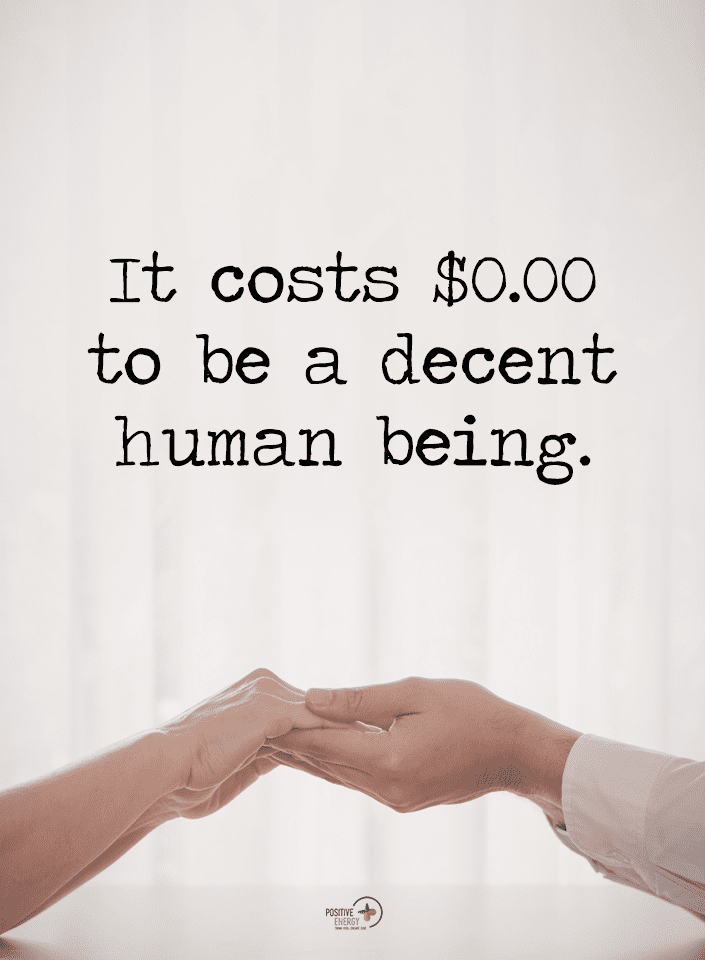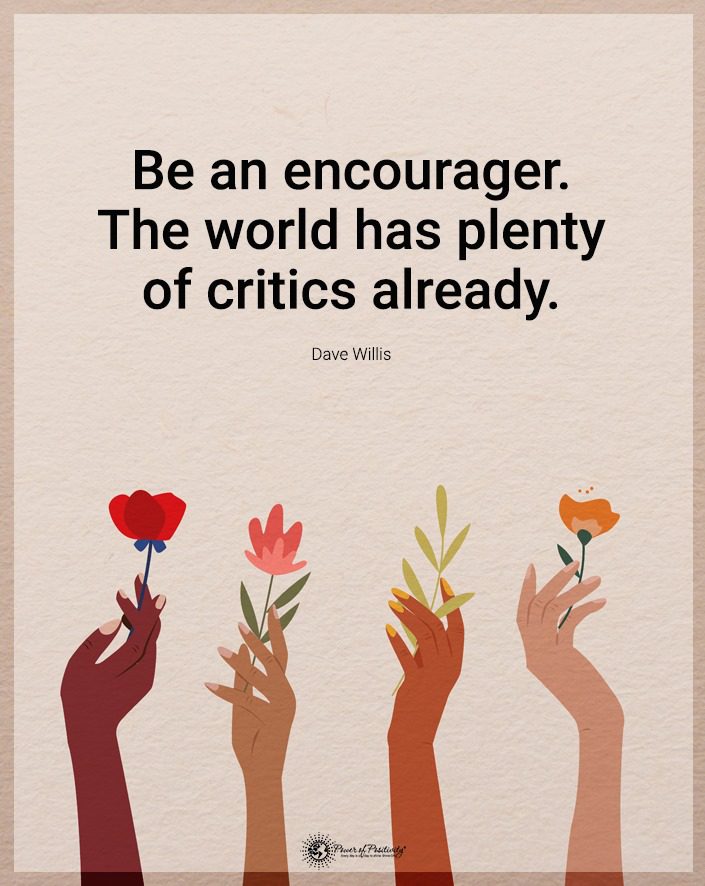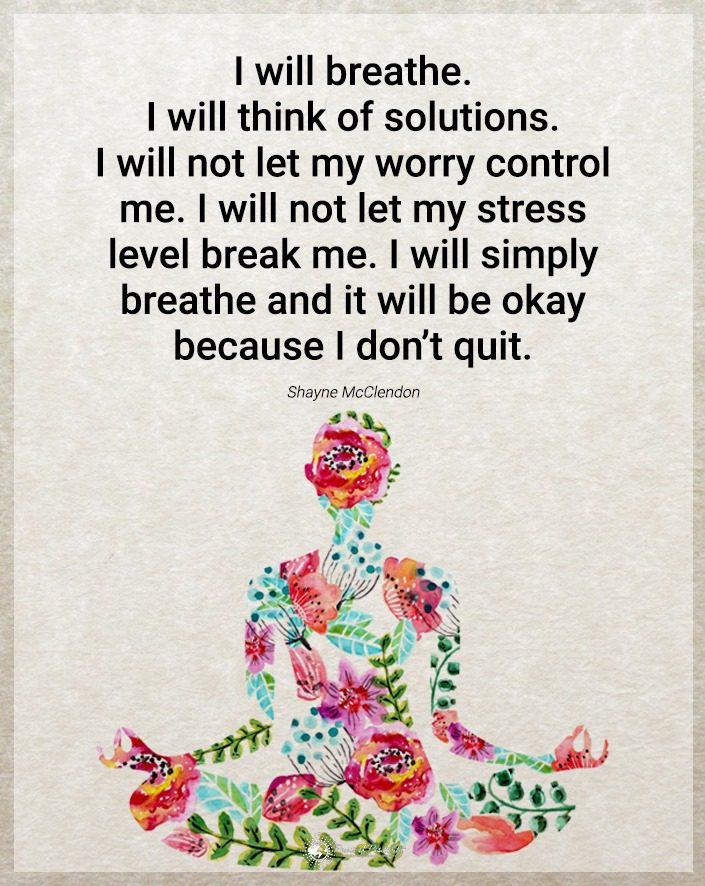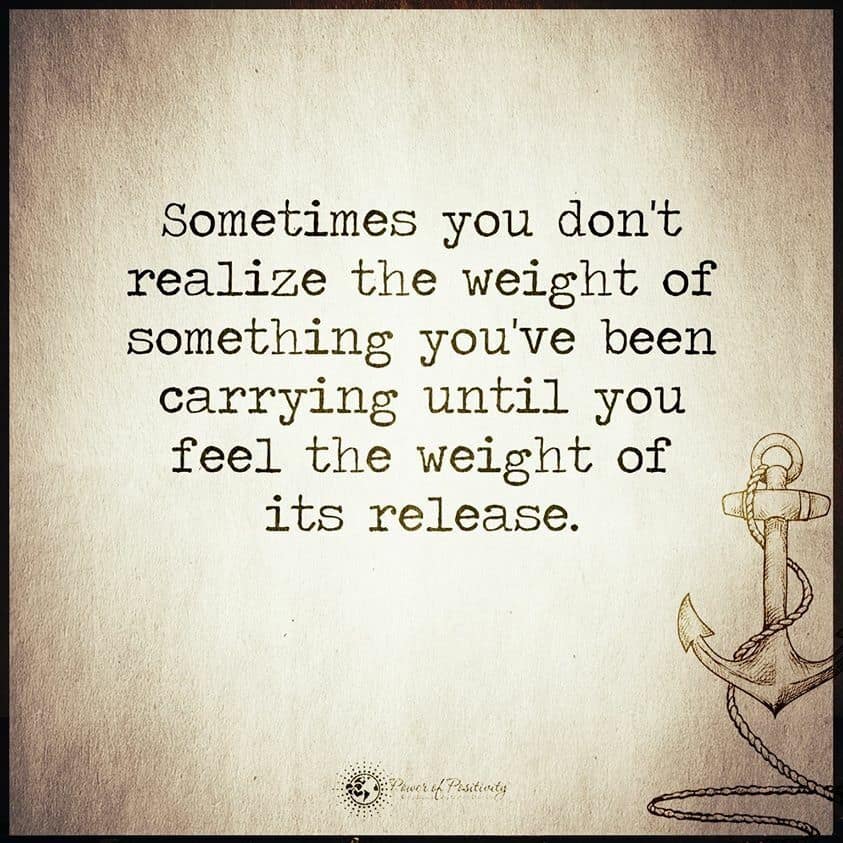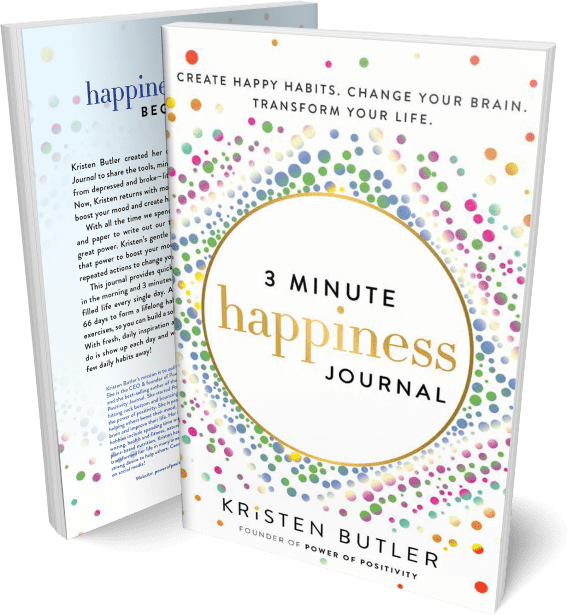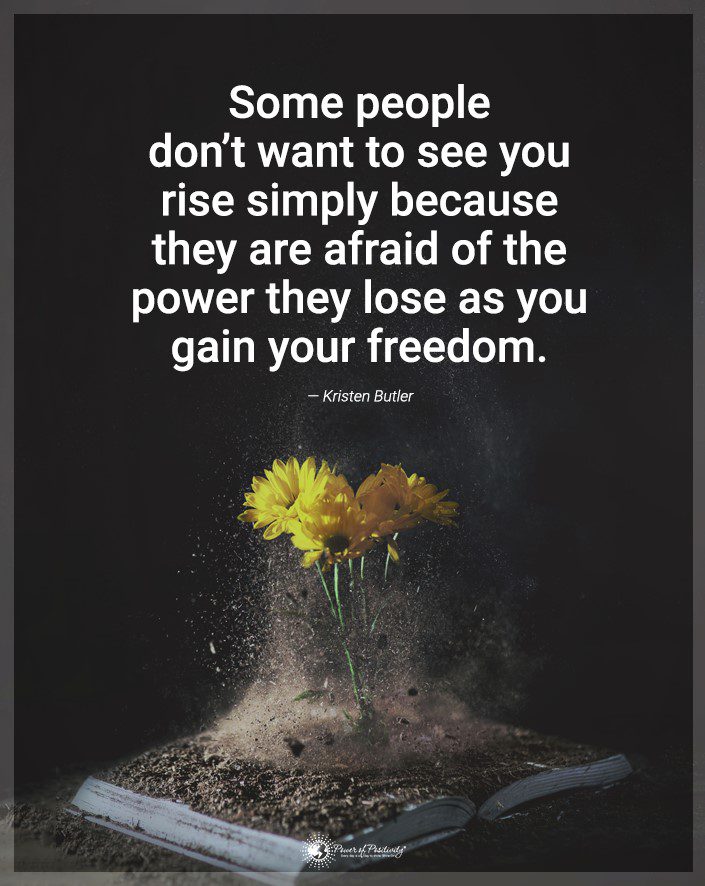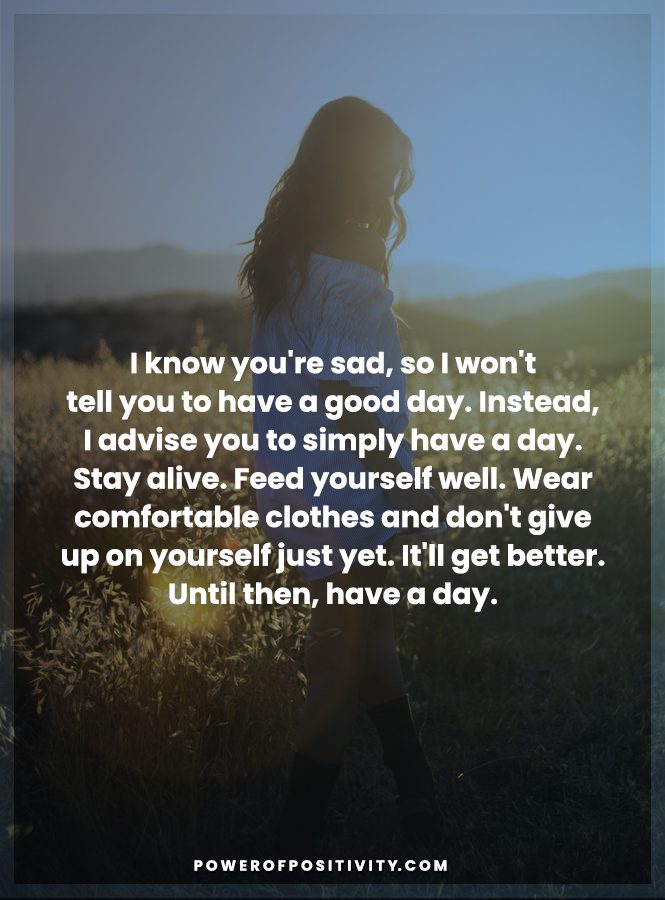These responses will put bullies in their place.
Do you know an adult bully? Worse yet, are you commonly in a position where you must deal with one? It’s crucial to understand that dealing with adult bullies requires a blend of wit, confidence, and positivity.
This article looks into what could make someone become an adult bully. Then, it will cover sixteen effective comebacks that can help you stand your ground against an adult bully without stooping to their level of unkindness.
Understanding the Adult Bully
Before diving into the responses, it’s important to recognize what adult bullying looks like. Unlike the playground taunts of childhood, adult bullying can be subtle, often manifesting as verbal jabs, sarcastic comments, or even passive-aggressive behavior. Recognizing these behaviors is the first step in addressing them effectively.
Here are some common reasons why someone might exhibit bullying tendencies as an adult:
Insecurity and Low Self-Esteem in an Adult Bully
Often, adult bullies are driven by deep-seated insecurities and a lack of self-esteem. Their lack of self-worth may date back to childhood or their teenage years.
They may feel inadequate or threatened in certain aspects of their lives, leading them to assert dominance over others to compensate for these feelings. Bullying can be a misguided attempt to feel more in control or powerful.
Past Trauma or Childhood Experiences
Childhood experiences, especially those involving trauma or past abuse. They may also have experienced being bullied themselves, which can significantly influence adult behavior. These unresolved issues from the past can manifest as bullying behavior in adulthood, as the individual replicates patterns they experienced or witnessed during their formative years.
Desire for Control or Power
Some adults bully because they strongly desire to control or dominate others. This need for power can stem from feeling powerless in other areas of their life. By exerting control over someone else, they temporarily satisfy this need.
Environmental Influences
The environment in which an individual operates can encourage or condone bullying behavior. For example, a competitive workplace culture that rewards aggressive behavior can foster bullying. Similarly, societal norms that value dominance and devalue empathy can contribute to such behavior.
Lack of Empathy in Childhood Make an Adult Bully
A significant factor in bullying is a lack of empathy. Some individuals may not fully understand or care about the impact of their actions on others. This lack of empathy prevents them from seeing the harm their behavior causes.
Jealousy or Envy
Jealousy or envy of others’ achievements, status, or possessions can drive an adult to bully. They might use belittling or intimidating tactics to cope with feelings of envy. Their behavior may also undermine the accomplishments of others.
Personality Disorders
In some cases, underlying personality disorders such as narcissistic personality disorder or antisocial personality disorder can contribute to bullying behavior. These disorders can impair an individual’s ability to relate to others healthily.
Cultural and Social Factors
Cultural and social factors, including stereotypes, prejudices, and social hierarchies, can play a role in adult bullying. Individuals might internalize societal biases and project them onto others through bullying.
Lack of Positive Coping Skills Can Make an Adult Bully
For some, bullying is an unhealthy coping mechanism for dealing with stress, anxiety, or personal challenges. They might not have developed healthier ways to manage their emotions or stressors.
Lack of Awareness or Education
Sometimes, individuals may not be aware that their behavior is considered bullying. They might think their actions are acceptable or do not realize their impact on others.
Understanding the reasons behind adult bullying is key to addressing and mitigating this behavior. It’s important to approach such situations with empathy and firmness. Recognizing how bullies often deal with complex issues can help find more constructive ways to respond and potentially help them change their behavior. However, it’s also crucial to maintain personal boundaries and seek support when dealing with a bully.
16 Witty Comebacks to Stop an Adult Bully
A witty comeback isn’t just a line from a sitcom; it’s an empowerment tool. The right response can disarm a bully, showcasing your self-respect and resilience. Remember, the goal is to be assertive, not aggressive.
1 – Highlighting Self-Confidence
“I’m really comfortable with who I am, but thank you for your concern.”
This comeback is a classic way of showing that the bully’s words do not impact your self-esteem. It subtly sends the message that you are secure in yourself and their opinion is irrelevant.
2 – Using Humor as a Shield
“Wow, did you come up with that all by yourself?”
Humor can be a powerful tool in deflecting negativity. This response uses light sarcasm to brush off the hurtful words of an adult bully without engaging in negativity yourself.
3 – Keeping It Cool
“I appreciate your perspective, but I see things differently.”
This response is calm and measured. It shows that you acknowledge the demeaning comment but are not swayed by it. It’s a mature way of agreeing to disagree.
4 – Redirecting the Conversation
“That’s an interesting point. Now, about that project we were discussing…”
Redirecting the conversation to a more productive topic can effectively avoid a bully’s attempts to derail or dominate a discussion.
5 – Addressing the Behavior
“Comments like that aren’t really helpful. Let’s focus on the issue at hand.”
Sometimes, calling out the behavior directly, but calmly and professionally, can be the best approach. It shows that you won’t tolerate disrespect.
6 – Affirming Your Stance
“I stand by what I said and am comfortable with my decision.”
Affirming your stance confidently and calmly can be a powerful response. It tells an adult bully they’re wasting their time trying to undermine your decisions or opinions.
7 – Expressing Empathy
“I’m sorry you feel that way. Is there something bothering you?”
Sometimes, responding with empathy can disarm a bully. It shows you’re willing to see beyond their behavior, potentially addressing the root cause of their actions.
8 – Setting Boundaries
“Let’s keep our conversation respectful, please.”
Setting clear boundaries is essential. This response politely, yet firmly, establishes how you expect to be treated.
9 – Dismissing Petty Remarks
“That’s an interesting opinion, but not particularly relevant to what we’re discussing.”
This response is great for dismissing off-topic or petty remarks and steering the conversation back to more important matters.
10 – Avoiding Escalation
“I don’t think this conversation is productive anymore. Let’s take a break and revisit it later.”
When things are heating up, suggesting a break can prevent escalation and give both parties time to cool off.
11 – Reflecting the Comment
“If I said what you just said, how would you feel?”
This comeback encourages the bully to reflect on their words by putting themselves in your shoes.
12 – Declining to Engage
“I don’t think this is a conversation worth continuing.”
There are times when the best response to give an adult bully is to cut them off completely. This sentence lets the bully know their behavior won’t elicit your reaction.
13 – Using Positive Affirmations
“I’m proud of who I am and what I’ve accomplished. Your opinion won’t change that.”
Using a positive affirmation as a response reinforces your self-worth and shows the bully that their words have no power over you.
14 – Offering Perspective
“Do you realize how that comment sounds to others?”
This response can make the bully aware of how those around them perceive their behavior.
15 – Staying Above the Fray
“I prefer to focus on the positive, so let’s move on to more constructive topics.”
This comeback helps you maintain your dignity. It tells the bully that you do not dwell on negativity.
16 – The Power of Silence
No response at all can be the most powerful reply.
Sometimes, the most powerful comeback is no comeback at all. By choosing not to respond, you deny the bully the gratification of seeing their words affect you. This silent stance can be incredibly impactful, demonstrating that you are above engaging in negative or unproductive exchanges.
Final Thoughts on the Comebacks to Respond to an Adult Bully
Dealing with adult bullies is about maintaining your composure and self-respect. The right comeback can be powerful, helping you navigate difficult interactions gracefully and assertively. Remember, the goal isn’t to “win” against an adult bully. Instead, you seek to uphold your dignity and demonstrate that their behavior has no place in a respectful and professional environment.

